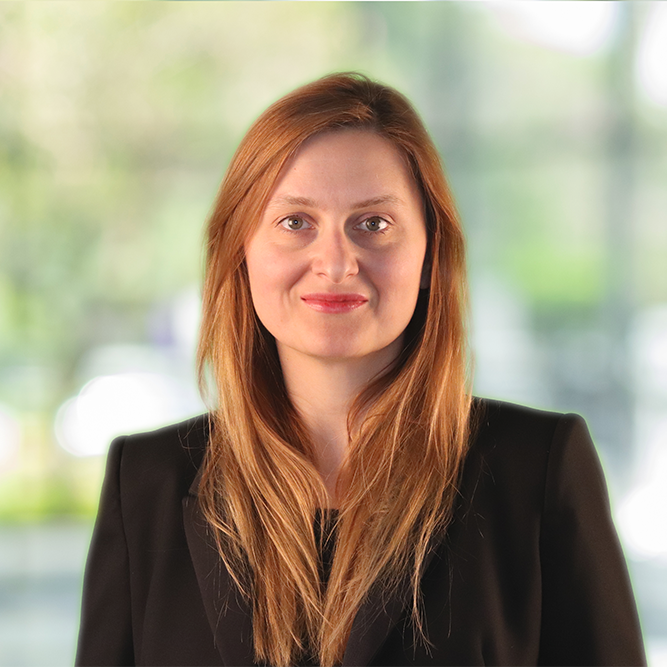A safer future through open science
Throughout 2022, the threat of COVID-19 to our day-to-day lives gradually faded. Thanks to science, we are now free to live as we did before the pandemic struck in 2019. Open science has proven what we can achieve if collaboration can flourish, and we have free, immediate, and unrestricted access to all publicly funded research. In short, 2022 was a manifestation of the huge benefit open science can bring to mankind.
At Frontiers, our mission and commitment to open science remains as strong today as it has ever been. We continue to develop as an organization, not just in terms of scale, but also in terms of how we engage with and support the research community, whose needs sit at the heart of everything we do. We continued to take strides in making all of science open, so that researchers can collaborate better and innovate faster to deliver the solutions we so urgently need.
In the context of that mission, we welcomed some historic moments for open science last year. At the top of this list was the policy guidance from the United States White House Office of Science and Technology Policy (OSTP), which stated that the results of taxpayer-supported research should be made immediately available to the American public without restriction. It was a moment that made everyone who has been fighting for open science for more than 20 years proud of everything we have achieved together.
We also welcomed our new partnership with the World Economic Forum (WEF) after a long-standing collaborative relationship. Frontiers has joined the WEF’s Centre for New Society and Economy to share evidence-based benefits of open science, and to build a bridge enabling companies to access scalable solutions to tackle the climate emergency. Discussing the positive impact of openly available science for economies, industry and society is another important step to accelerate the transition to open science.
Frontiers in 2022
Everyone who is part of our community - editorial board members, reviewers, partners, and staff - helped to make 2022 a landmark year.
In 2022 we remained the sixth largest and third most-cited research publisher, with an average article citation count of 5 - a figure which beautifully captures the impact and quality of the work researchers choose to publish with us. As well, 92% of surveyed visitors to our website rated the quality of our published articles as excellent or good.
We published 125,000 new research articles last year, which means we have now published more than 397,000 peer-reviewed, openly accessible articles that people all over the world can view and download openly.
We also launched 49 new journals, bringing the total number of our community-led journals to 189 across more than 1,500 academic disciplines. Each journal we launch is developed by a closely-knit scientific community based on trust and integrity. More than 243,000 leading researchers choose to work on our editorial boards, pioneering in their own fields and supporting the transition to open science.
Trust and integrity are the cornerstones of our work. If society cannot place its trust in science, and in scientific publishers, then society cannot have the information it needs to make the right decisions. Only the best, highest quality research can build that trust and help the world solve its most pressing challenges.
Our journals now attract authors from all over the world, which means quality control is paramount. Thanks to developments in our artificial intelligence review assistant (AIRA) and the growth of our research integrity team, more than half of the articles we reject are now rejected at the desk review stage, before they enter peer review. This means that our editorial boards can focus solely on developing and publishing high quality research.
Researcher centricity is a core value for us at Frontiers and we value feedback from the research community as a key part of our continuous improvement. Through the course of 2022 we received more than 150,000 pieces of feedback – in the form of survey responses, emails, and in-depth interviews. We found that 92% of our authors and 88% of reviewers rate their experience as excellent or good. But, of course, the small percentage of researchers who didn’t have a good experience or tell us where there’s room for improvement are even more important. Each piece of feedback contributes directly to our developments for the year ahead – thank you if you have been instrumental in providing this valuable feedback.
Accelerating science
Of course, there is still a long way to go. The determination and collaboration we saw for COVID-19 must now be urgently replicated across other areas, particularly climate change, which is now the key challenge of our generation. In October 2022, Professor Johan Rockström discussed how to keep our planet stable and resilient as part of our Frontiers Forum series. He outlined the actions we need to take if we are to keep Earth’s operating space safe for future generations; decisive, evidence-led decisions driven through open, collaborative science. His message has now been watched by more than 1 million viewers and counting.
In that context, we welcomed the return of the Frontiers Forum both in person and virtually in 2023. Expert speakers outlined their visions of how science can help bring solutions to today’s most pressing challenges. The Forum also played host to the announcement of the Frontiers Planet Prize winners, a new award celebrating scientific breakthroughs that have the greatest potential to stabilize our planet’s ecosystem.
As we look ahead, we should inject an even greater sense of prioritization to accelerate science. Disseminating quality scientific research quickly and openly is key to enabling progress, and this is where publishers have a critical role to play. At Frontiers, we remain unwaveringly committed to fulfilling our responsibility and making sure every piece of research counts.
Thank you once more to everyone who has worked with and supported us, I look forward to working with you in the year ahead.
Kamila Markram, PhD
CEO and co-founder, Frontiers


